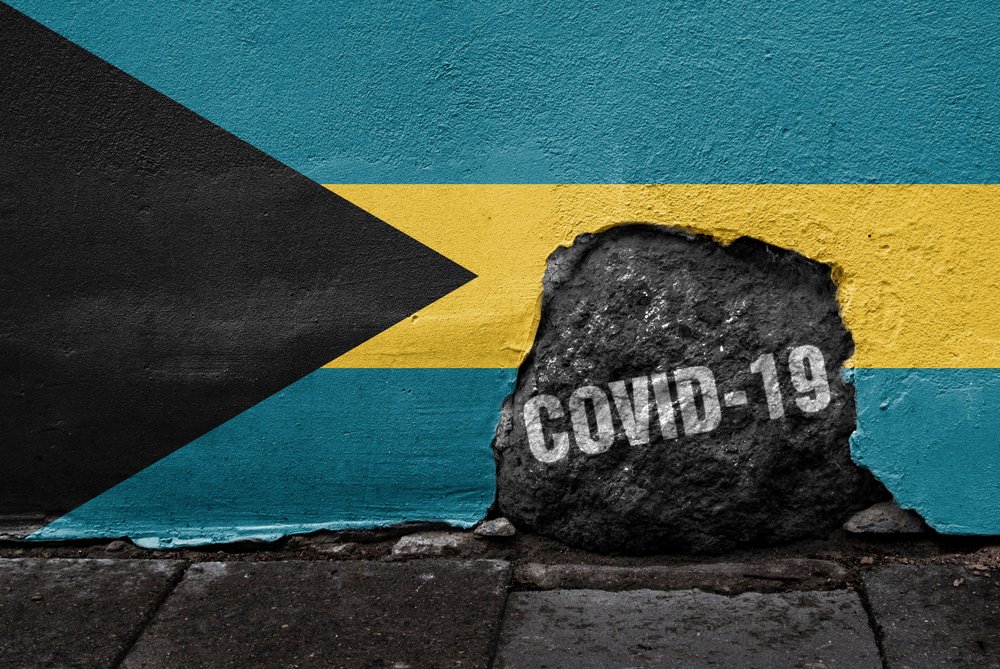“In any event, rules have to be mandated to restrict physical contact until we reach a degree of herd immunity”
Bethel: It’s a question of whether restrictions will continue by way of emergency orders or legislation
NASSAU, BAHAMAS — The government has yet to make a decision on what course of action will be taken when the current state of emergency expires on May 23, said Attorney General Carl Bethel yesterday.
Speaking to reporters outside Cabinet on the matter, Bethel said: “What we do know is that the emergency continues and so the government will in very short order have to make a determination as to which is the best way forward…
“We certainly are doing everything we can to maintain the efficiency and effectiveness of the Bahamian health system, but it is under challenge but not as bad as elsewhere in the world.”
With a significant increase in cases over the past few months, officials have confirmed The Bahamas is experiencing a third wave of coronavirus infections.
To date, the country has confirmed over 10,000 cases and recorded 198 COVID-related deaths.

Bethel continued: “When The Bahamas reaches the stage where we’ve reached what could be termed herd immunity, then we could consider that from The Bahamas, the emergency is basically over.
“So between now and then, there will be some legal framework, whether it’s a declaration of emergency or under a statutory framework.
“But in any event, rules have to be mandated to restrict physical contact, continuing until we reach the stage where there is a degree of herd immunity.
“Whether that is an emergency power order or under a new enactment, it’s not going to stop the need to make rules to restrict certain forms of activity.”
The government is aiming to have 80 percent of Bahamians and residents vaccinated to achieve herd immunity.
Bethel insisted the goal is to make sure every Bahamian who wishes to be vaccinated is protected and the resources are available for them.
The Bahamas has been in a state of emergency since March 17, 2020 — just days after the country recorded its first case of the virus.
Governor General CA Smith has issued three proclamations of a state of emergency since then.
The first proclamation was allowed to lapse due to a “procedural oversight” and the governor general had to sign a new proclamation on June 29.
The new proclamation also restarted the government’s six-month clock to continue extending the order until the end of December.
Another state of emergency was issued, which was set to end on January 31.
However, at the end of January, the government passed a resolution to extend that state of emergency and the corresponding emergency orders to May 23.
Pressed about ongoing criticism over the year-long state of emergency instead of statutory legislation, the attorney general said it is an issue of form and not content.
“The content will continue to be that as a responsible government, we have a duty to do everything in our power to enable the Bahamian people to protect themselves and the only way that this can effectively be done is to set rules so it is clear to everybody what the standard of conduct is,” Bethel insisted.
“Now, whether that’s done by way of emergency orders or by way of a statute is merely only a question for the form and not the content of the guidance that is being offered to the Bahamian people — which guidance continues to be necessary because the emergency continue to affect The Bahamas and the world.”
Bethel earlier this year indicated that the government was drafting a bill to create a “new framework” for permanent COVID-19 legislation concerning the health aspects of the emergency orders.






